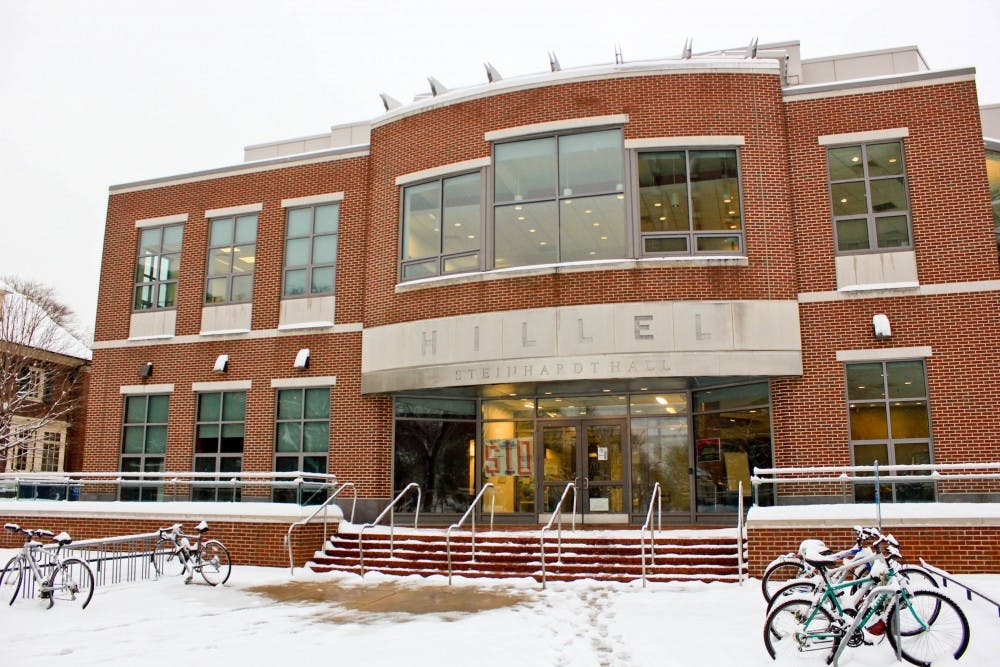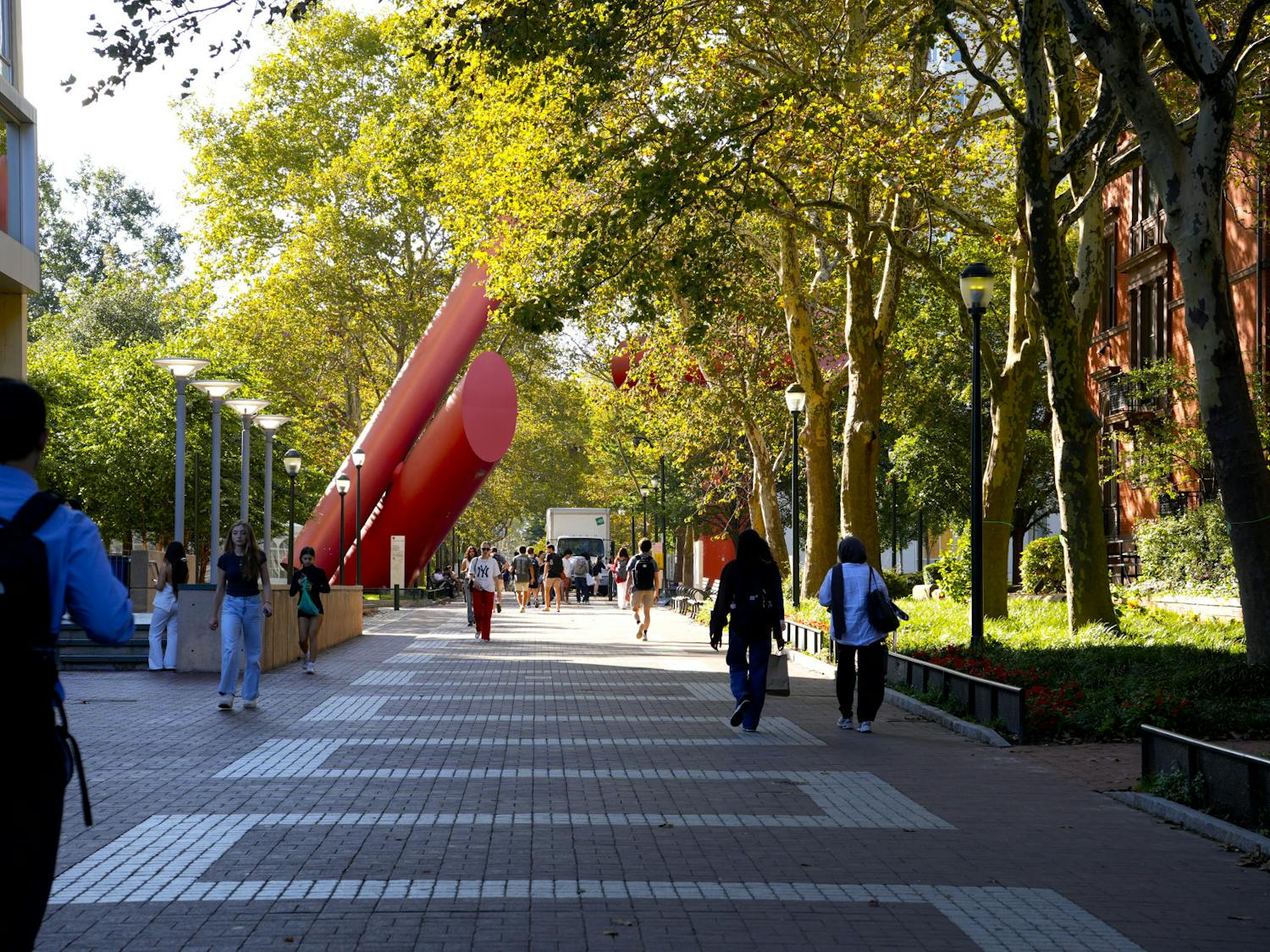While the re-election of Israeli Prime Minister Benjamin Netanyahu on March 17 sparked worldwide debate over the ongoing Israeli-Palestinian conflict, student groups at Penn have been engaged in their own dialogue about the issue.
Although Penn students recently formed the Think Peace Coalition — a new group made up of pro-Israel student leaders — the group has experienced continued conflict regarding the wording of its mission statement.
In a Daily Pennsylvanian guest column published on March 19, Chair of J Street U Penn and College sophomore Liza Bernstein criticized the Coalition’s mission statement as too polarizing. While J Street is a part of the Think Peace Coalition, Bernstein argued that a more nuanced dialogue is important in order to combat the Boycott, Divestment and Sanctions movement potentially coming to Penn. BDS is a worldwide political movement in support of Palestinian rights.
“We need to have a proactive conversation about what BDS means and what it really means to be for a two-state solution,” Bernstein said, referring to the idea that Israel and Palestine should be two autonomous, independent states. “We are trying to come up with a mission statement to describe our pro-peace, two state solution attitude and we came across a lot of issues in negotiations.”
Bernstein added that she decided write the guest column after J Street’s proposals about acknowledging the 1967 Israeli-Palestinian borders and opposing settlement expansion were met with “silence by the other people in the coalition.”
Currently, Berstein thinks Think Peace’s mission statement does not include any of the proposals she made.
“Driven by our passion for justice and equality, we encourage dialogue that constructively educates the student body and promotes the legitimacy of various narratives,” reads the Coalition’s mission statement on its website. “We desire to be part of the solution towards a Jewish and democratic state of Israel living side by side in peace and security with a sovereign Palestinian state in parts of the West Bank and Gaza.”
BDS is not explicitly mentioned in the Think Peace mission statement, but the topic has elicited concern among members of the Jewish community at Penn. BDS resolutions have been introduced and accepted earlier this year at other schools, such as Northwestern and Stanford.
The debate about the Think Peace Coalition’s mission statement continues, with their latest meeting to debate the issue occurring on March 19.
“Sometimes we forget that being a ‘pro-Israel, pro-Peace’ student means many different things,” said President of Israel@Penn and College junior Daniela Jinich, who is also a member of the Coalition. “Think Peace provides a space for all of these political opinions and others to be validated, but also challenged.”
Penn Students for Justice in Palestine said they are unaware of a plan to propose a BDS resolution. However, the group acknowledged in a statement that they “fully support the tactic of BDS as a form of non-violent activism against Israel’s oppression of Palestinians.”
While a BDS resolution does not seem to be in Penn’s immediate future, Penn SJP remains skeptical of the strategy of the Think Peace Coalition.
“Initiatives like Think Peace are merely tools to normalize Israel’s human rights abuses under the guise of ‘dialogue,’” Penn SJP said in their statement in response to a request for comment. “The guise of dialogue and the so-called peace talks over the past twenty years have led to nothing more than Israel’s continued theft of Palestinian land and oppression of the Palestinian people, because Israel holds all of the power.”
It’s clear that there remains a deep divide between both schools of thought regarding the Israeli-Palestinian conflict. What is unclear is how campus dialogue would respond to a BDS proposal.
“By looking at other campuses, I am sure that if a BDS resolution proposal was brought up at Penn, it would completely divide the student body,” Jinich said. “[It would] create a polarized environment and boil down a complex issue into a yes-or-no question, instead of allowing for nuanced discussions.”









